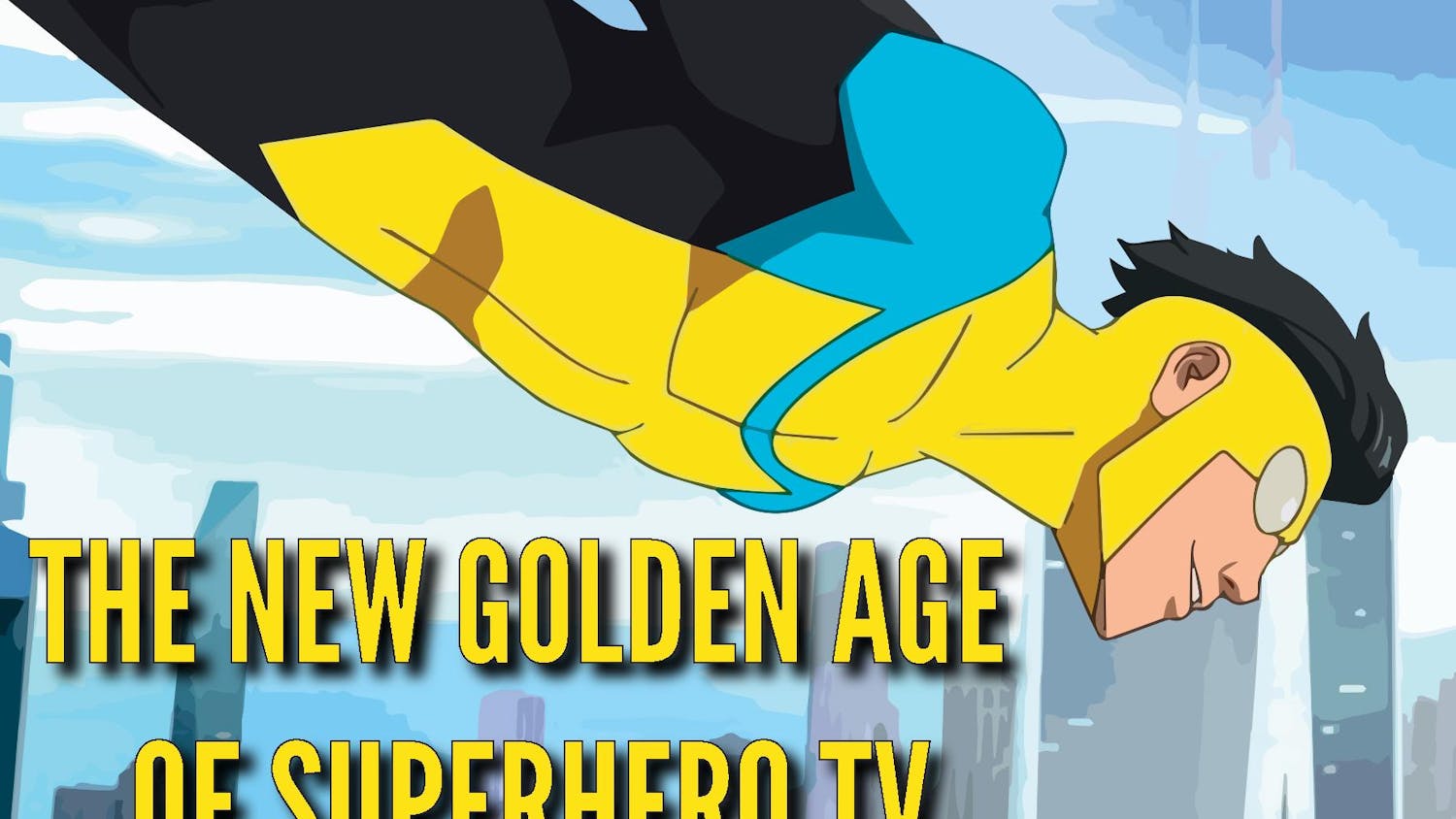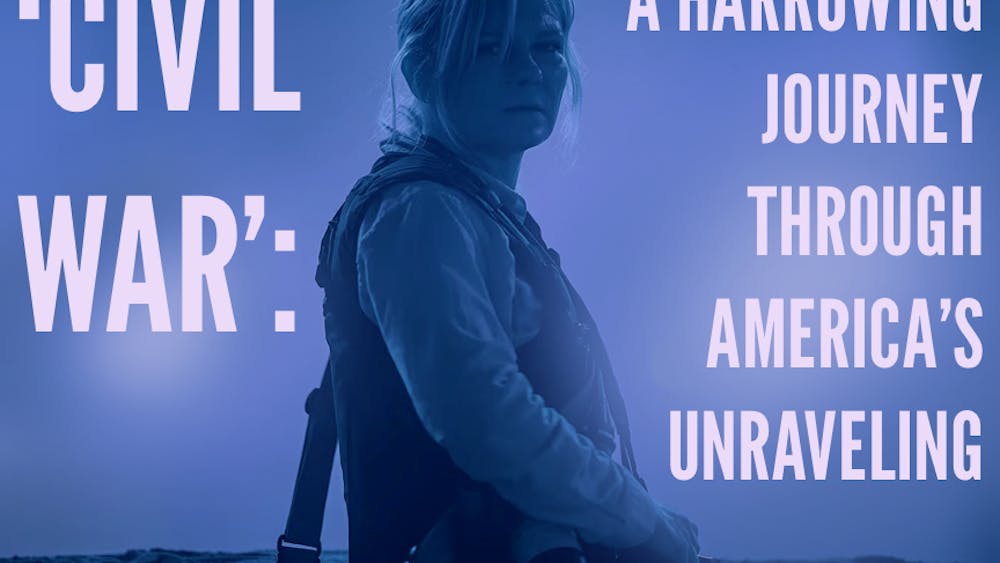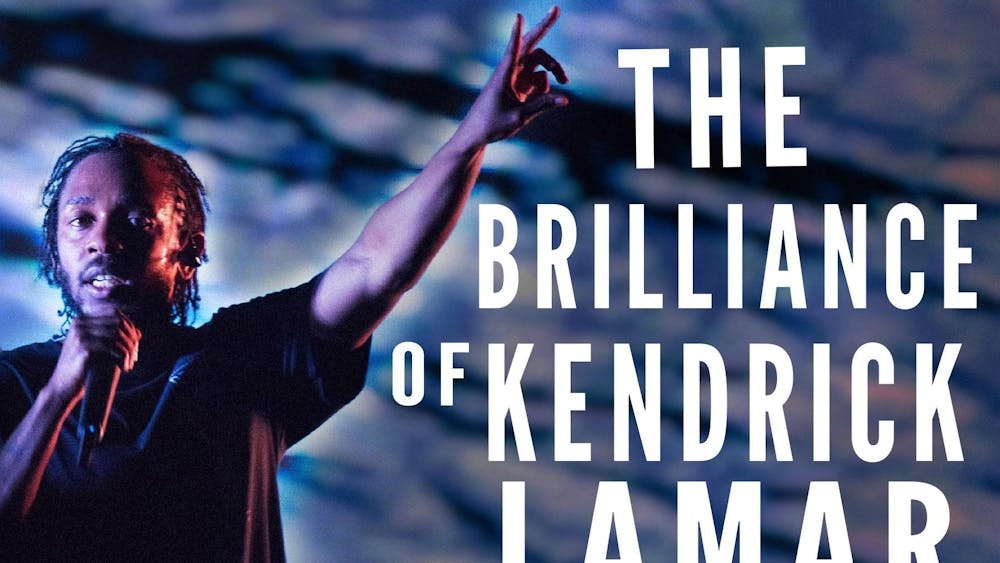
I’ve read a number of celebrity autobiographies in the last six months.
I devoured Lena Dunham’s “Not That Kind of Girl,” suffered through Jenny Mollen’s “i like you just the way i am,” found myself astounded at Ann Patchett’s “The Getaway Car” and finally got around to starting Tina Fey’s “Bossypants.” Every one of these books left me feeling somewhat the same — a little bit impressed by the women who wrote them, a little bit lost as to what to do with the lessons they supplied me and a little bit more hopeful for finding my way after college. Amy Poehler’s “Yes, Please!” was no exception.
One of the best things about Poehler’s book, setting her aside from the others mentioned above, is that she is as much commenting on the process of writing as she is writing how she came to be at the point she is today. She starts her book with an entire chapter dedicated to how hard it is to write a book — that's it. A prologue dedicated to telling you how miserable the entire writing process was for her.
Of course, she does it as only Amy Poehler can — in a self-deprecating, realistic and most importantly humorous way. It is, in some ways, the most honest reflection on writing I’ve ever read. She describes her sleep deprivation and how easily she gets distracted from the task, and something in the very way she writes it makes you quite sure she is telling you the truth.
There’s something special about reading autobiographies. They're the same stories, I suppose, that one would find on the website about how Poehler got her start — certainly, many of the events she talks about we have public record of, as they were part of her acting career. But when she tells the stories, there’s an ability to see them with double vision. Certainly, the reader remembers the iconic Sarah Palin rap, but for Poehler that story is intertwined with the birth of her first son the next week. It’s a new perspective and it’s enjoyable to read.
Perhaps some of the best moments in the book are where we get inserts from Poehler’s colleagues, Seth Myers and Michael Schur. Myers writes an entire chapter for Poehler (commenting again on how hard it is to write a book) and Schur provides footnotes to the chapter Poehler dedicates to the creation and filming of “Parks and Recreation.” As fun as it is to read Myers’ perspective on his relationship with Poehler, there’s something amazing about the idea of Schurr’s footnotes. It’s more conversational — showing rather than telling the depth of their relationship.
Poehler tells her story in a way that is only vaguely chronological. Her childhood and college years are sort of at the beginning, and “Parks and Recreation” is only focused on at the very end. Her stint on “Saturday Night Live” is focused on during the middle of the book, but makes its way into most of the story line.
Thinking back on the book, this makes it a bit hard to distinguish what happened when. Her chapters cut around each other, picking up from where others left off and adding new stories and anecdotes to previous ideas. It’s fun to read because it seems more conversational. Each chapter contains multiple stories, which she tells by digressing from the primary one. At times it can get confusing (are we talking about the time she played Dorothy in the “Wizard of Oz” as a child or the plays she participated in during college?) but in the end, she always seems to pull the stories back to a cohesive point.
There are a lot of lessons in Amy Poehler’s book. Each section and chapter title states this clearly, but the way she tells them aren’t necessarily explicit. Each one is stated and not interpreted — and sometimes, the stories she tells aren’t necessarily easily relatable to however she’s chosen to label them.
Poehler’s book is fun. She is, as always, funny and personable. She makes poignant remarks and follows them up with jokes. From the very beginning she makes it clear that she views herself at the middle of her life and therefore, can’t give out major life lessons or simply make witty comments about her success thus far. So she does both and the result is both funny and enlightening.













